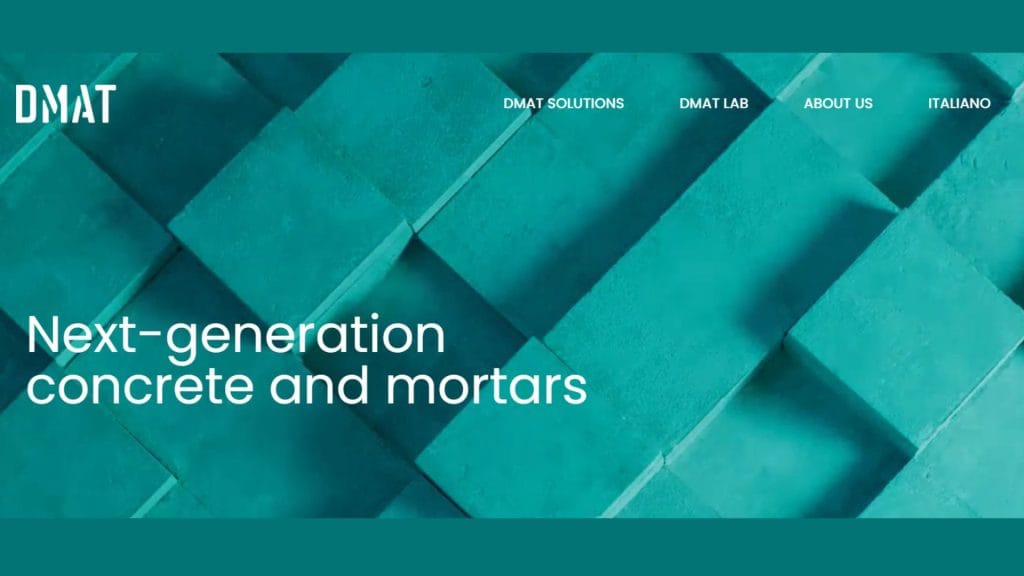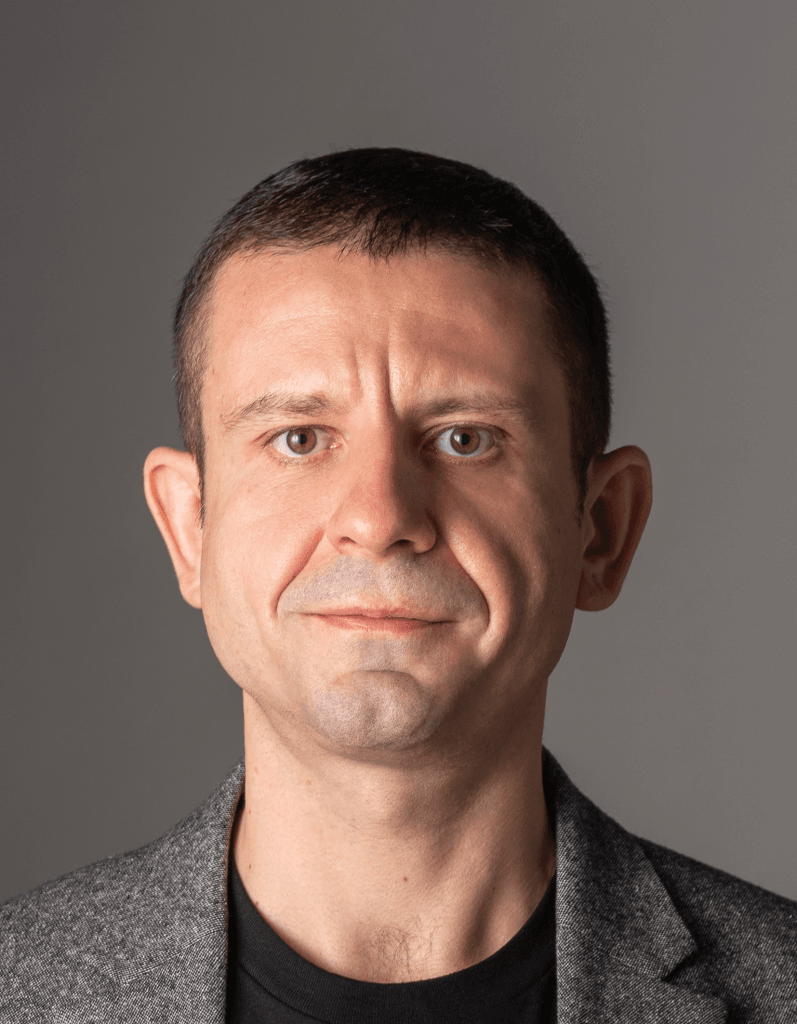DMAT Secures $4.5 Million to Scale Self-Healing Concrete Technology

• Funding led by Primo Capital’s Primo Climate fund to expand DMAT’s sustainable concrete technology globally
• Self-healing formula cuts CO₂ emissions by up to 60% and doubles infrastructure lifespan
• Strategic backing from Safar Partners, Deep Future, Corbites, and PeopleFund positions DMAT to enter the U.S. market
Cambridge Startup Targets Cement Industry’s Carbon Problem
Cambridge-based materials innovator DMAT has raised $4.5 million to accelerate commercialization of its self-healing concrete—a breakthrough technology capable of extending infrastructure life while slashing emissions across one of the world’s most carbon-intensive industries.
The round, led by Italy’s Primo Capital SGR via its Primo Climate fund, drew participation from a global pool of investors, including U.S.-based Safar Partners, European climate venture fund Corbites, private holding firm PeopleFund, and Deep Future, founded by inventor and technologist Pablos Holman. The capital will drive DMAT’s entry into new markets and expand production capacity in the United States.
CEO and Co-Founder Paolo Sabatini said the investment validates years of research and testing that have brought the company from MIT’s labs to commercial projects in Europe. “The trust of world-class investors will enable us to build strategic partnerships across the industry and activate our production in the United States,” Sabatini said.

Sustainable Concrete with Industrial-Scale Potential
DMAT’s proprietary formula enhances concrete’s ability to self-heal cracks and resist carbonation—two of the primary causes of structural degradation. The result is a material that lasts twice as long as conventional concrete while reducing the need for high-emission cement and minimizing repair costs.
According to the company, the technology can lower CO₂ emissions by up to 60% across the concrete lifecycle. Certification in European markets has already allowed DMAT’s materials to be deployed in highway infrastructure and precast construction projects.
Safar Partners’ Managing Partner Arunas Chesonis described the company’s approach as both economically and environmentally transformative. “DMAT’s technology will help reshape one of the world’s most strategic industries—construction. Combining sustainability with superior economic performance is critical to the global transformation of hard industries,” he said.

RELATED ARTICLE: Terra CO2 Secures $82M to Scale Sustainable Cement Technology in Sustainable Cement Technology and Europe
Cement’s Decarbonization Challenge
Concrete, the world’s most used man-made material, underpins modern infrastructure but accounts for roughly 8% of global CO₂ emissions. The industry consumes about 33 billion tons of concrete each year, with demand expected to rise 30% by 2050 as urbanization and infrastructure needs grow.
Cement, though only one component of concrete, is responsible for roughly 90% of the material’s emissions. The scale of the problem—coupled with rising maintenance costs from corrosion and degradation—has pushed policymakers and investors to seek technological interventions that can decouple infrastructure development from carbon intensity.
DMAT’s self-healing properties offer a potential pathway toward that shift. By doubling service life, the technology reduces both embedded and operational emissions while alleviating pressure on supply chains reliant on energy-intensive clinker production.
Global Expansion and Industry Implications
Founded in Boston with MIT Associate Professor Admir Masic, DMAT is part of a new wave of deep-tech ventures applying materials science to climate mitigation. Its entry into the U.S. and European markets comes amid growing investor appetite for scalable industrial decarbonization solutions—particularly those that align with net-zero infrastructure policies in the EU and the Inflation Reduction Act in the United States.
The $1 trillion global concrete market represents approximately 1% of global GDP. Yet it is among the hardest sectors to decarbonize, with limited substitutes and complex value chains. Innovations such as DMAT’s are drawing interest from both venture investors and large-scale construction firms seeking low-carbon alternatives that can meet structural performance standards.
With support from Primo Climate and other strategic investors, DMAT aims to expand production and integrate its technology into major infrastructure projects, aligning profitability with emissions reduction. If successful at scale, the company’s technology could help close one of the most persistent gaps in industrial decarbonization—making concrete not only longer-lasting but meaningfully less carbon-intensive.
Follow ESG News on LinkedIn








